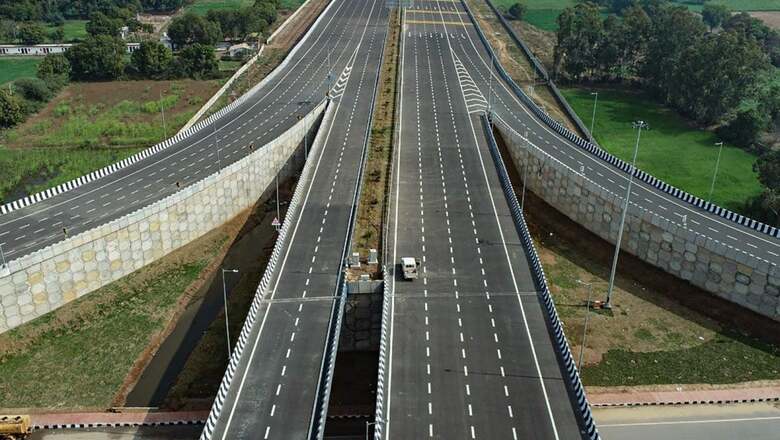
views
The first leg of the much-awaited Delhi-Mumbai expressway is all set to be inaugurated. Built at a cost of 12,150 crore, the Delhi-Lalsot-Dausa stretch will be flagged off by the Prime Minister Narendra Modi today. News18 took a drive through the soon to be biggest and longest road infrastructure project to get a first-hand experience of the newly developed expressway.
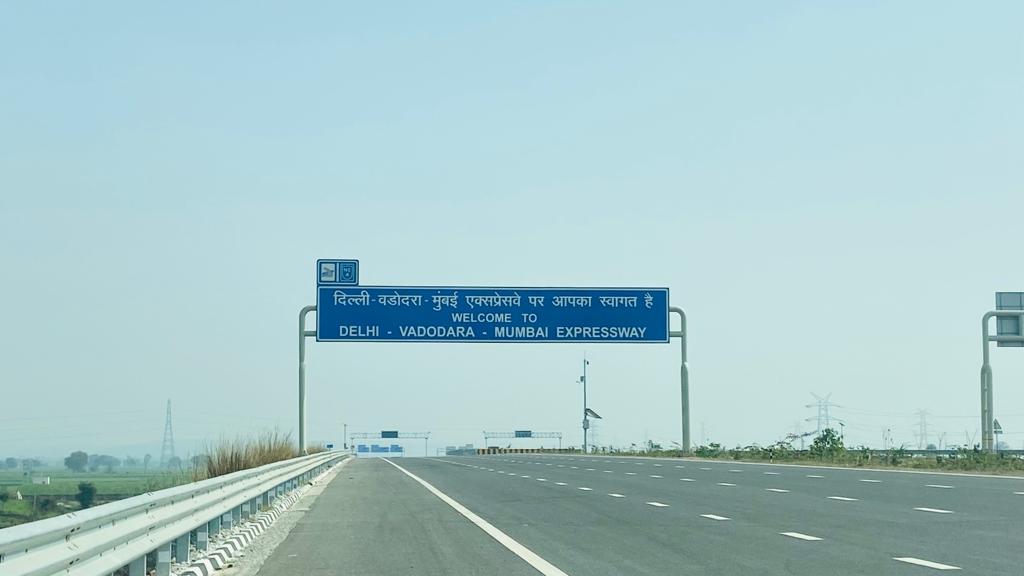
Expressway Connectivity
The key highlight of the 246 kilometer stretch is that it will connect the national capital to the Pink City – Jaipur. Thanks to the expressway, travel time will be reduced from five hours to 3.5 hours.
So far, people from the two cities, Delhi and Jaipur, have been connected by national highway (NH) 48 and the drive takes about four-five hours depending on the traffic situation.
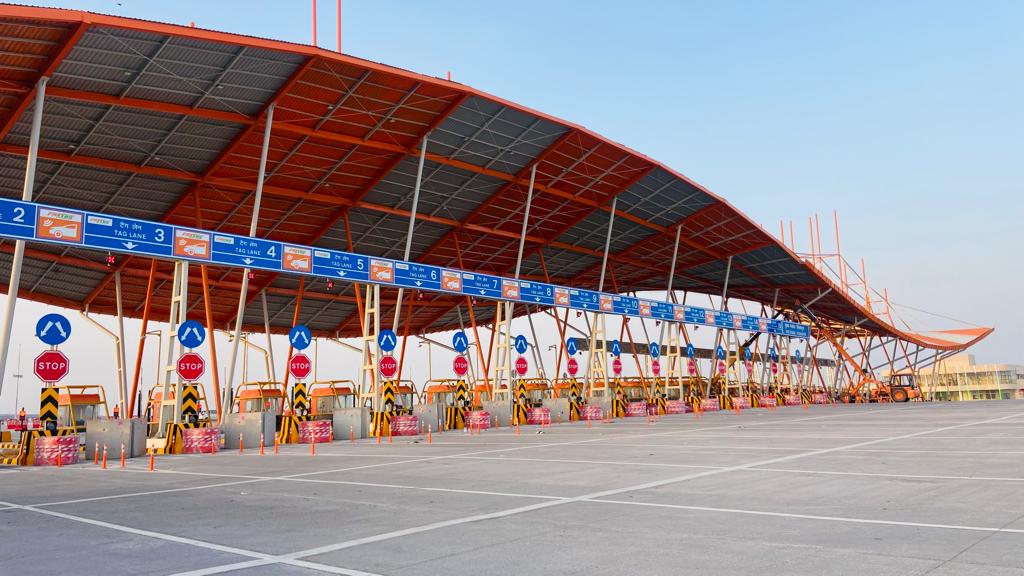
According to the Ministry of Road Transport and Highways, the Sohna-Dausa section of the Delhi-Mumbai expressway intersects with the already developed Agra-Jaipur section of NH-11 near Dausa.
The expressway also promises to offer better connectivity to other major states and their cities from the national capital. The route will reportedly have over 40 interchanges with major ones being – Jaipur, Bhopal, Indore, Kota, Vadodara & Surat.
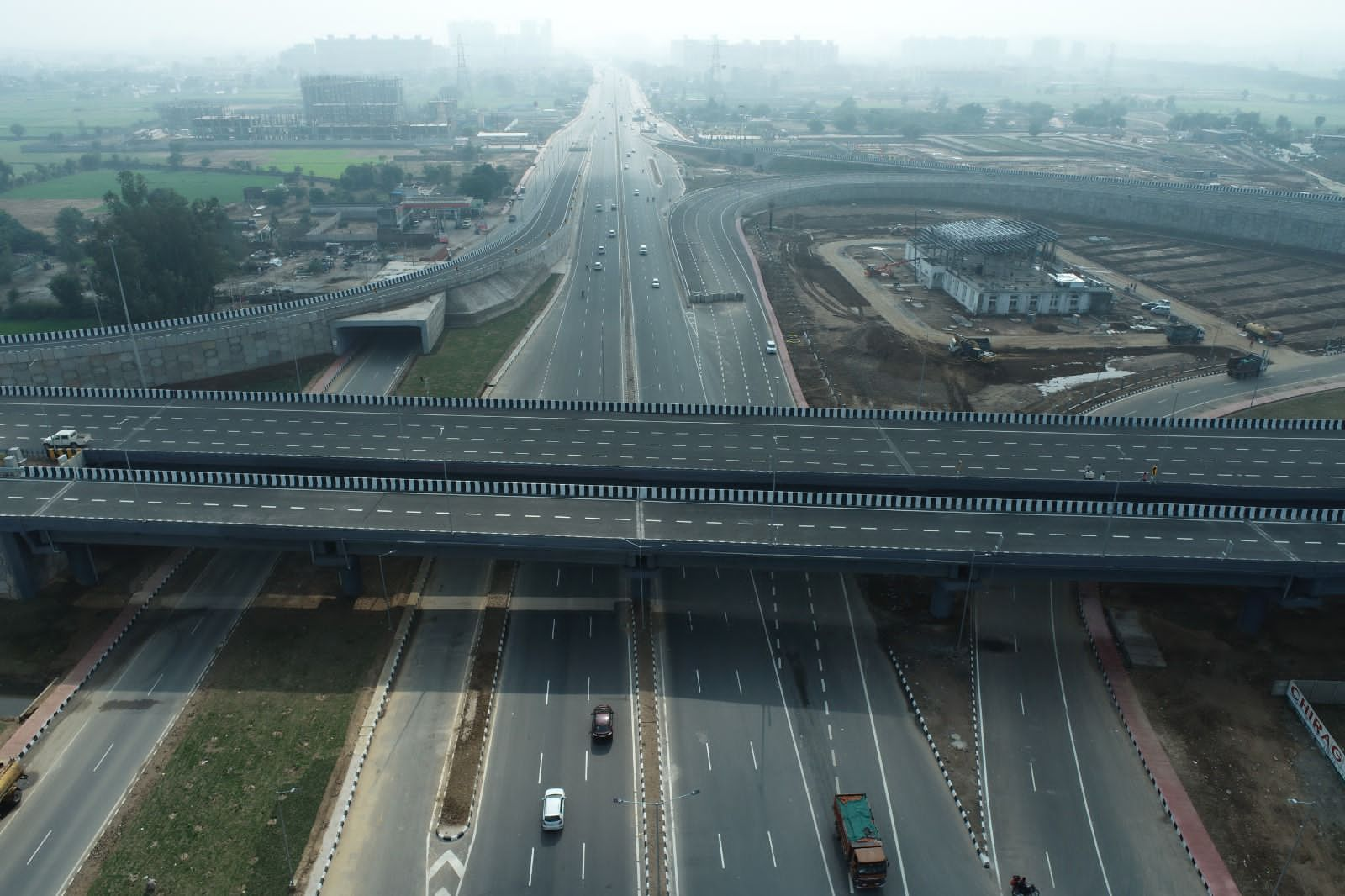
The Expressway will also serve 93 PM Gati Shakti Economic Nodes, 13 Ports, 8 Major Airports and 8 multi-modal logistics parks (MMLPs) along with spurs to new upcoming greenfield airports such as Jewar Airport, Navi Mumbai Airport and JNPT port.
Lush Green Drive
Apart from reducing travel time, the carriageway offers a lush green scenic drive with mountain range views at a few spots. Since the route passes through Ranthambore National Park and Mukundra Hill Tiger Reserve, three animal overpasses and underpasses have been constructed to prevent disruptions caused to animal habitat.
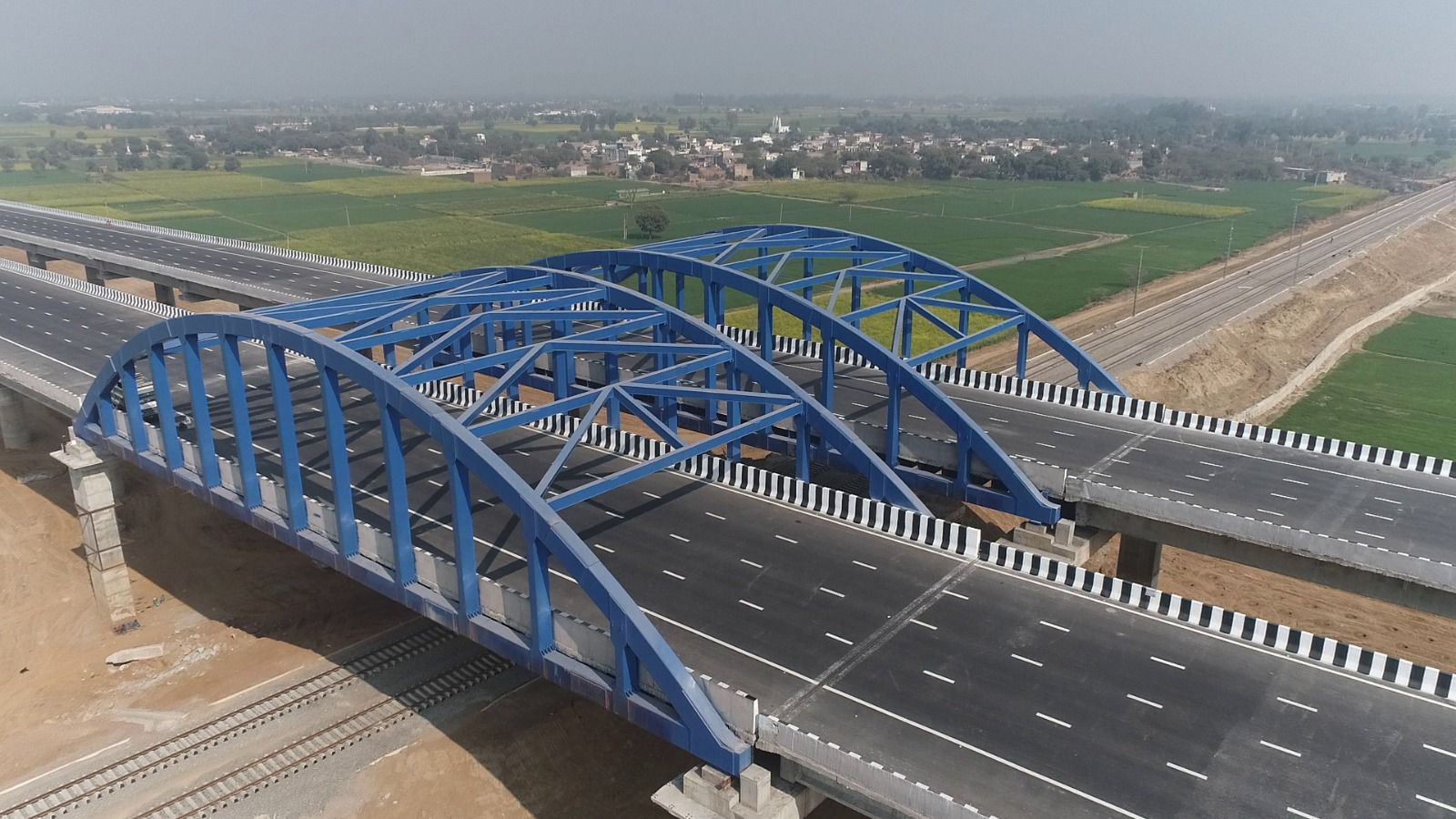
The Expressway Construction
Although construction for parts of the ambitious project is still underway, construction for Delhi-Mumbai would require approximately 80 lakh tonnes of cement. That is equivalent to constructing 350 statues of unity. Additionally, 12 lakh tonnes of steel will be required for construction of the stretch which is equivalent to constructing 50 howrah bridges.
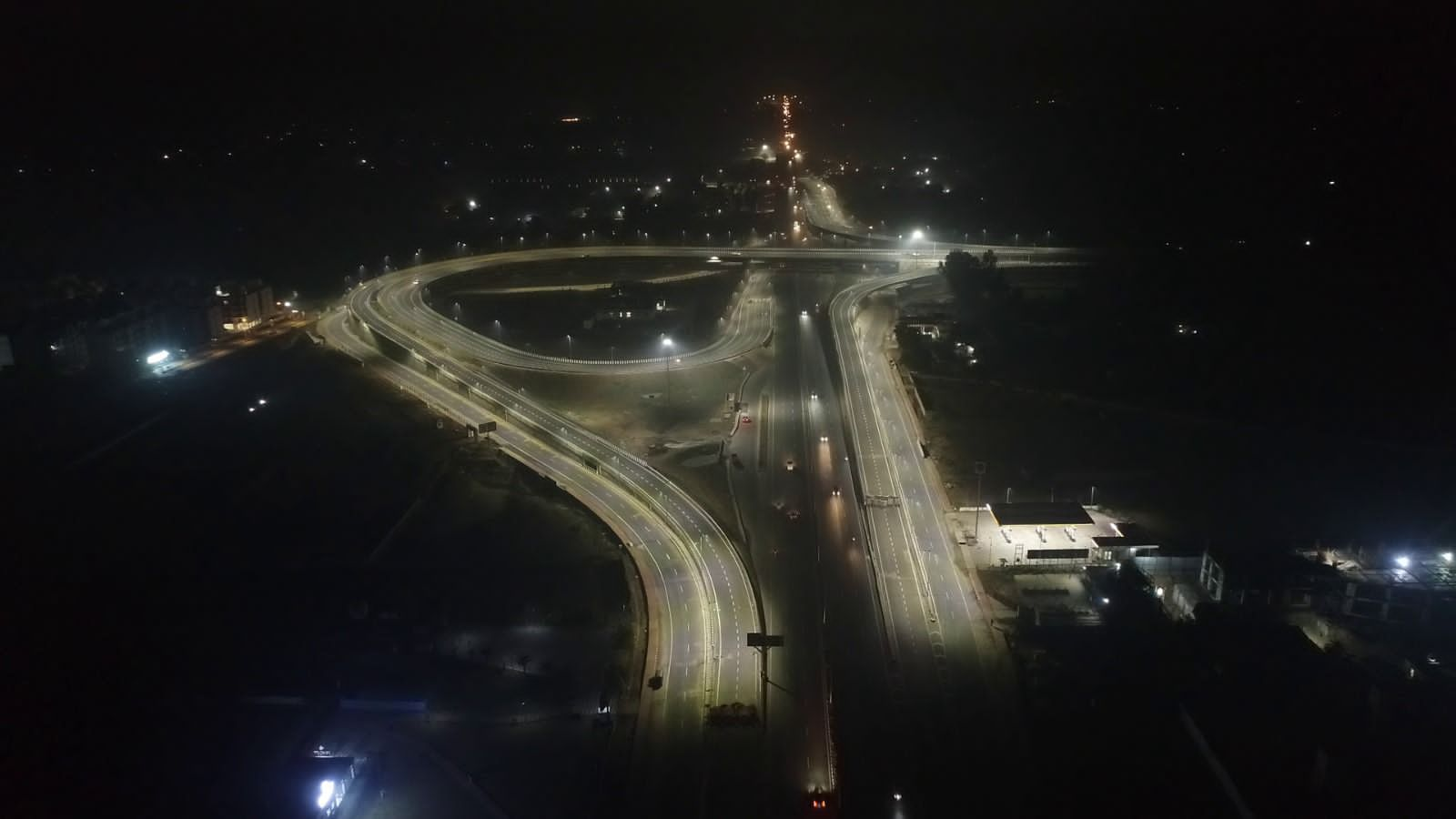
Once completed, the Delhi-Mumbai expressway would be the country’s biggest and longest ever road infrastructure project with a 1386 kilometer stretch connecting the national capital to the financial capital in just 12 hours.
Key Features
The expressway also boasts an array of amenities for commuters. The expressway comes with a helipad, e-charging stations, trauma centres among other essential services. Several food courts and other amenities are still under constuction.
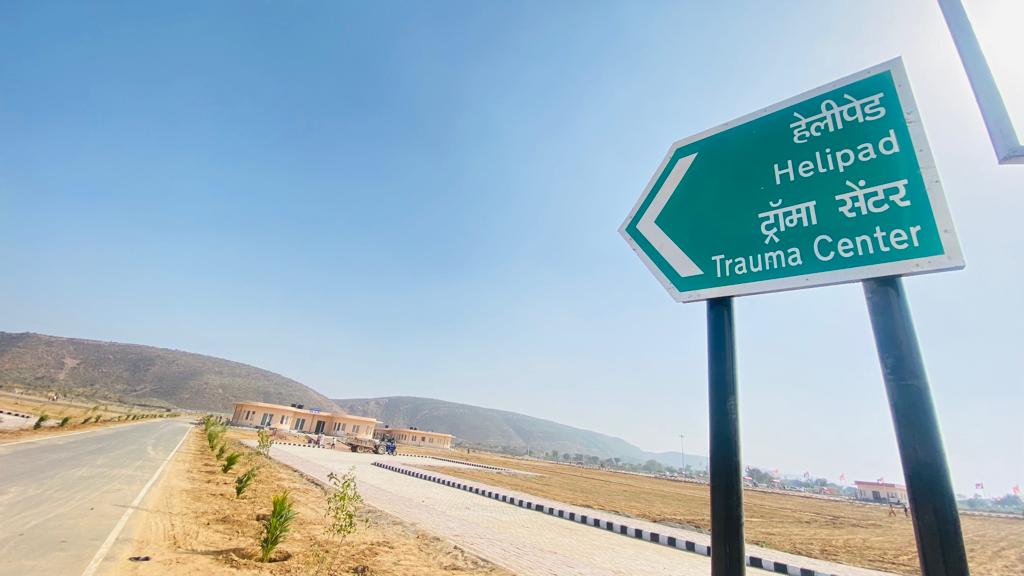
Cameras have said to be installed at 500 metre distance to monitor vehicular movement. State of the art automated traffic management systems have also been installed to smoothen the travel process.
Futuristic Vision
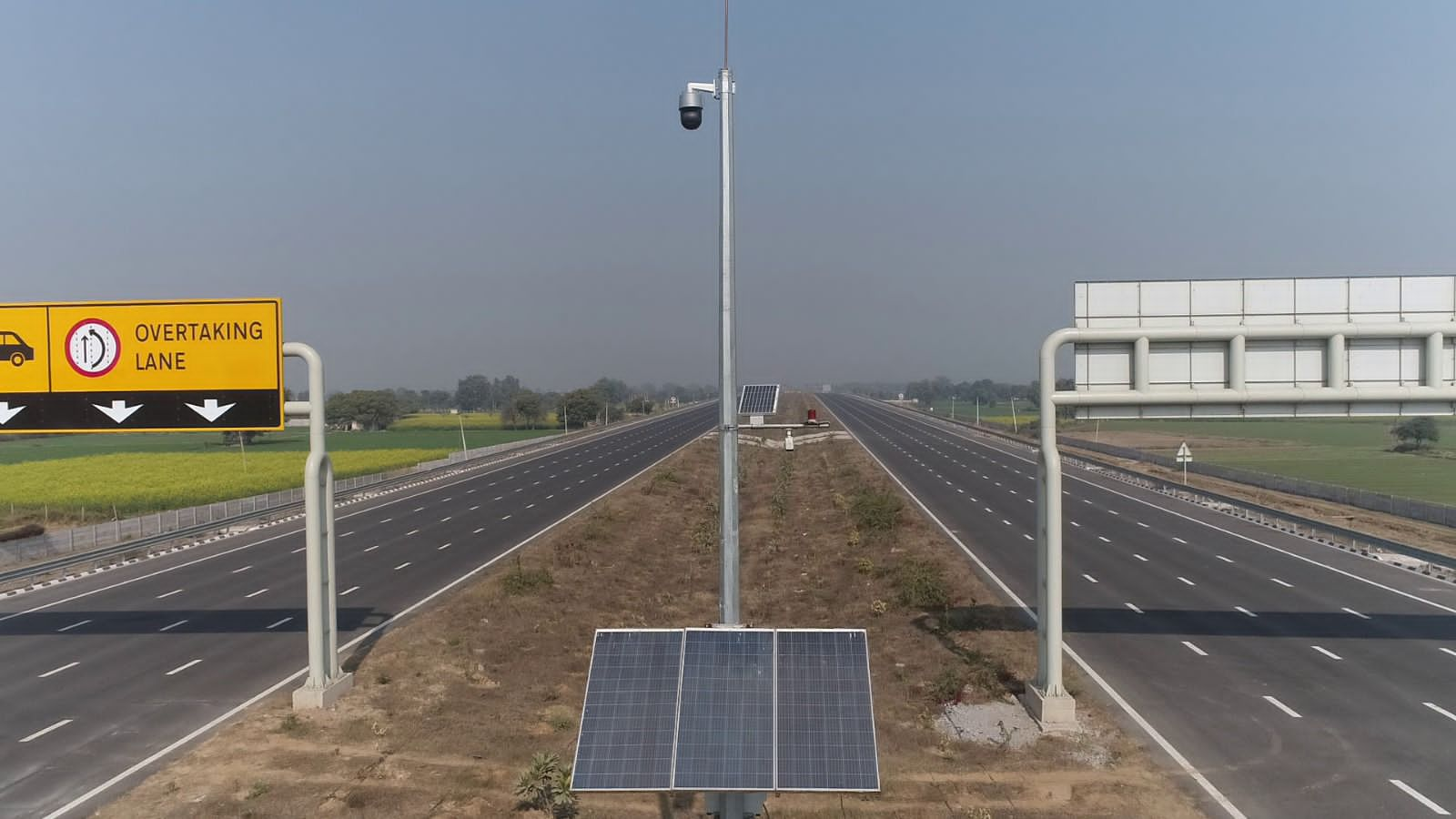
Between the carriageway is a 3-metre wide dedicated corridor for laying utility lines for optical fibre cables, pipelines and solar power generation in preparation for future contingencies. This segment could be used to expand the current 8 lanes to a 12-lane expressway.
Read all the Latest India News here














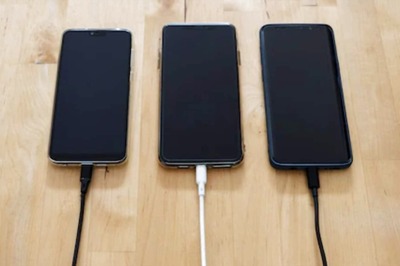



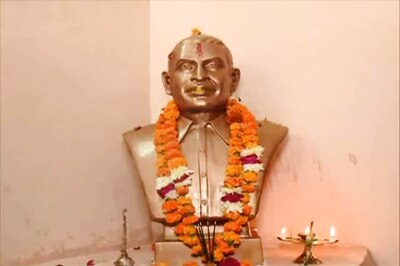
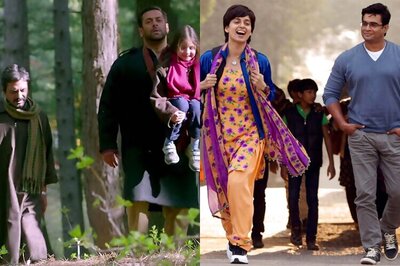
Comments
0 comment